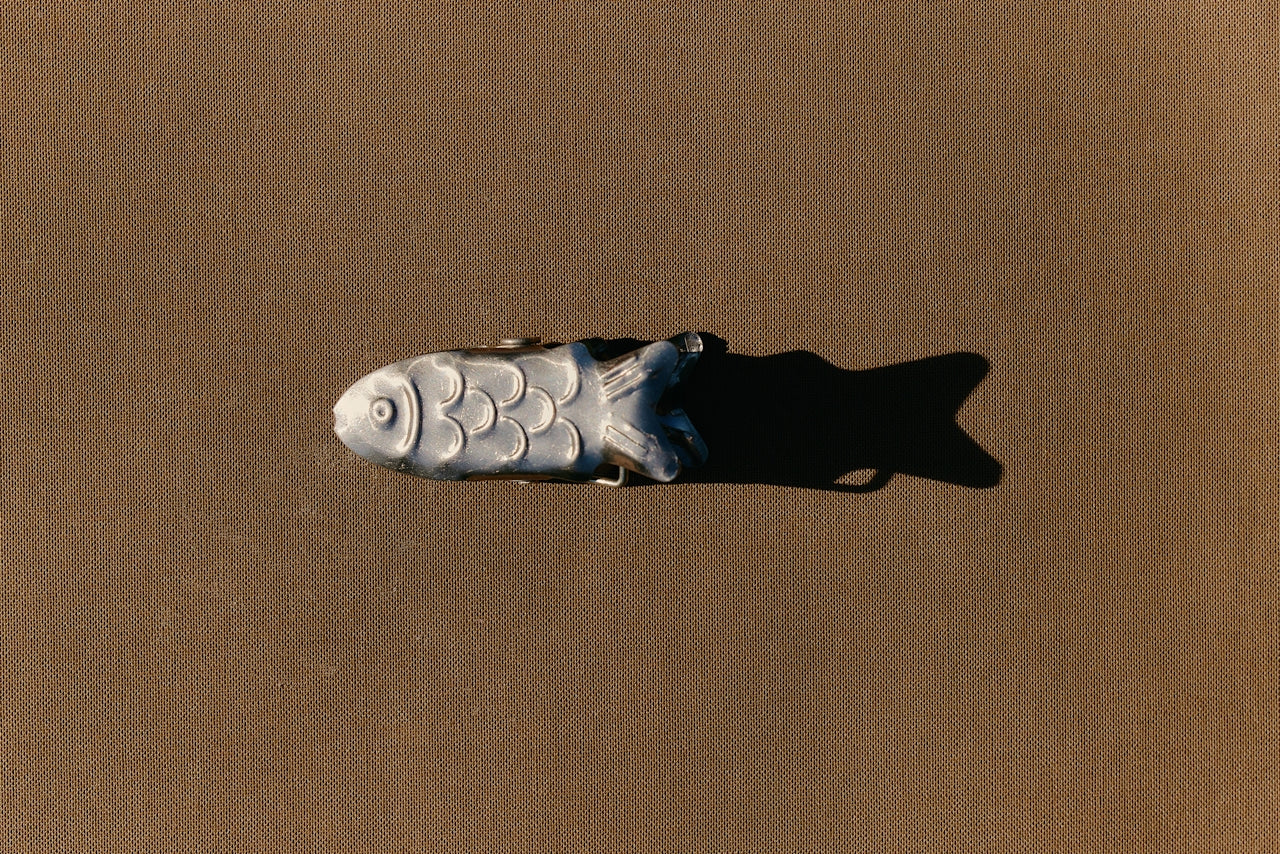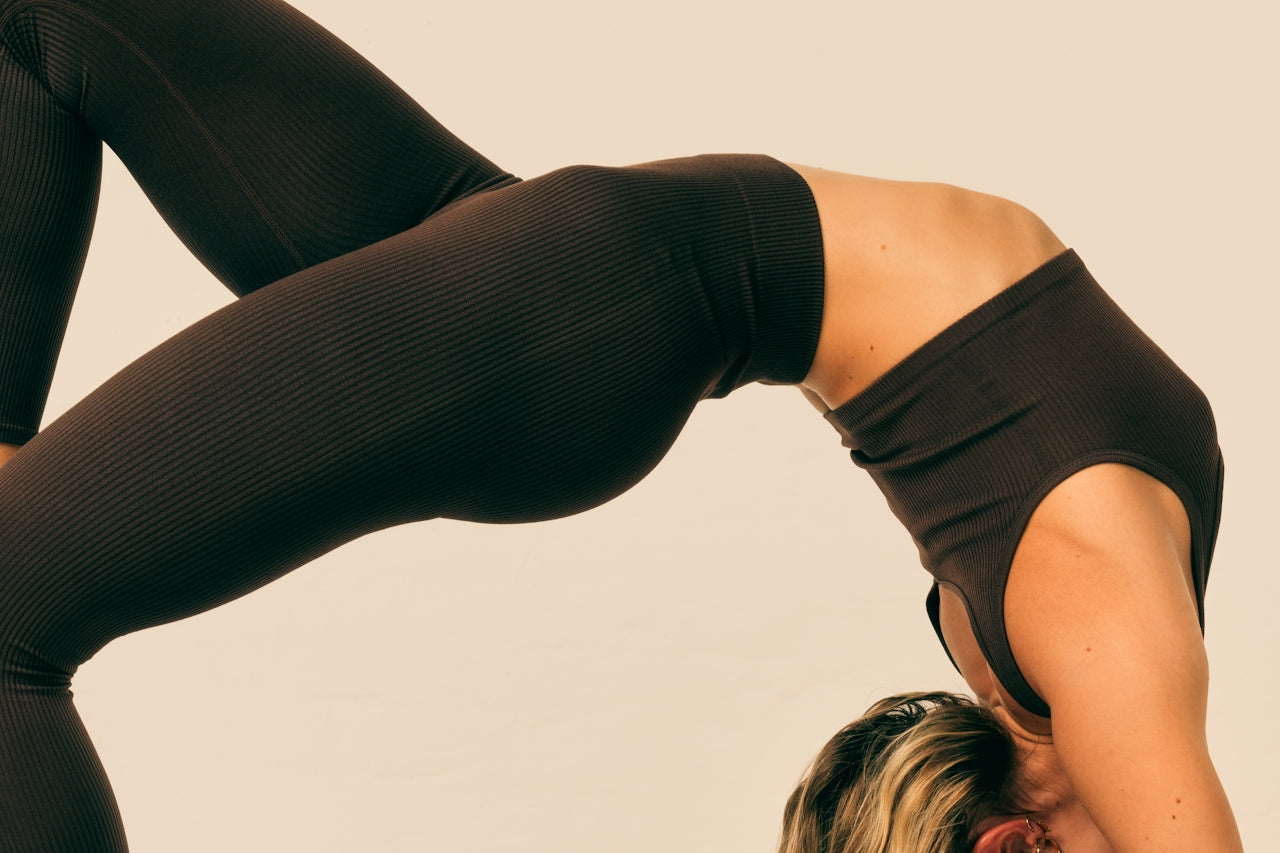Let’s be real: menopause gets talked about like it’s the end of the world. Hot flashes, mood swings, weird sleep, and suddenly not feeling at home in your own body? Yeah, not exactly the glow-up vibe we’re after.
But what if we reframed it?
Menopause isn’t the end — it’s a shift. And just like any shift, your body’s needs evolve. One of the biggest (but most overlooked) changes? Your relationship with protein.
So... Why Should I Care About Protein?
Glad you asked.
During and after menopause, your oestrogen levels take a nosedive — and with it, muscle mass, bone density, and metabolism can all start to decline. That’s not to scare you — it’s just facts. But here's the empowering bit: protein is one of your biggest allies in helping your body adapt, stay strong, and feel energised.
Here’s what upping your protein game can help with:
-
💪 Muscle maintenance – You naturally lose muscle as you age (fun...), but protein helps slow that roll.
-
🔥 Metabolism support – Muscle burns more calories at rest, so keeping it means your metabolism stays more efficient.
-
🧠 Mood & focus – Amino acids in protein help with neurotransmitter function, meaning protein supports brain health too.
-
🦴 Bone health – Pair it with calcium and vitamin D, and you’re giving your bones the love they deserve.
Okay, But How Much Protein Do I Actually Need?
The average woman needs more than she probably thinks — especially post-40.
A solid target is around 1.2 to 1.5 grams of protein per kilogram of body weight.
So if you weigh 70kg, you’re looking at roughly 85–105g of protein per day.
Before you panic, no one’s saying you need to live off chicken breast and protein powder. But it does mean being more intentional with every meal.
Small Shifts That Pack a Punch
Here’s how to sneak more protein into your day — without flipping your whole routine:
-
Breakfast: Add Greek yoghurt or eggs to your morning. Or blend some oats with nut butter and protein powder for a power smoothie.
-
Snacks: Think edamame, roasted chickpeas, boiled eggs, or a protein bar that isn’t 90% sugar.
-
Lunch/Dinner: Toss lentils into your soup, opt for tempeh or tofu, or keep things classic with lean meats or fish.
-
Sprinkle strategy: Add hemp seeds, nutritional yeast or chia to almost anything. You’ll barely notice, but your body will.
Plant vs Animal Protein – Does It Matter?
Short answer? Both can work.
It’s more about variety and quality. Animal protein is “complete” (it has all 9 essential amino acids), but so are some plant-based sources like soy, quinoa, buckwheat, and chia.
If you’re plant-based, just make sure you're mixing your sources (like beans + rice, or hummus + whole grain pita) to get everything you need. Diversity is key.
What Most People Get Wrong
📉 Cutting protein to “eat lighter”
🚫 Thinking supplements alone can replace meals
😴 Skipping it at breakfast and wondering why energy crashes hit hard by 11am
🥗 Eating a salad with no substance and calling it lunch
Real nourishment = energy, strength, and feeling like yourself again.
Bottom Line?
Menopause isn’t just about what’s changing — it’s also about what you can do to support yourself through it.
Protein isn’t just for bodybuilders or gym bros. It’s for women navigating hormone shifts, energy dips, mood changes, and wanting to feel grounded and good in their bodies again.
So next time someone tells you to “just eat less” or “ride it out”… hand them a protein bar and send them this blog.
You’re not fragile — you’re evolving. Fuel accordingly. 💪




